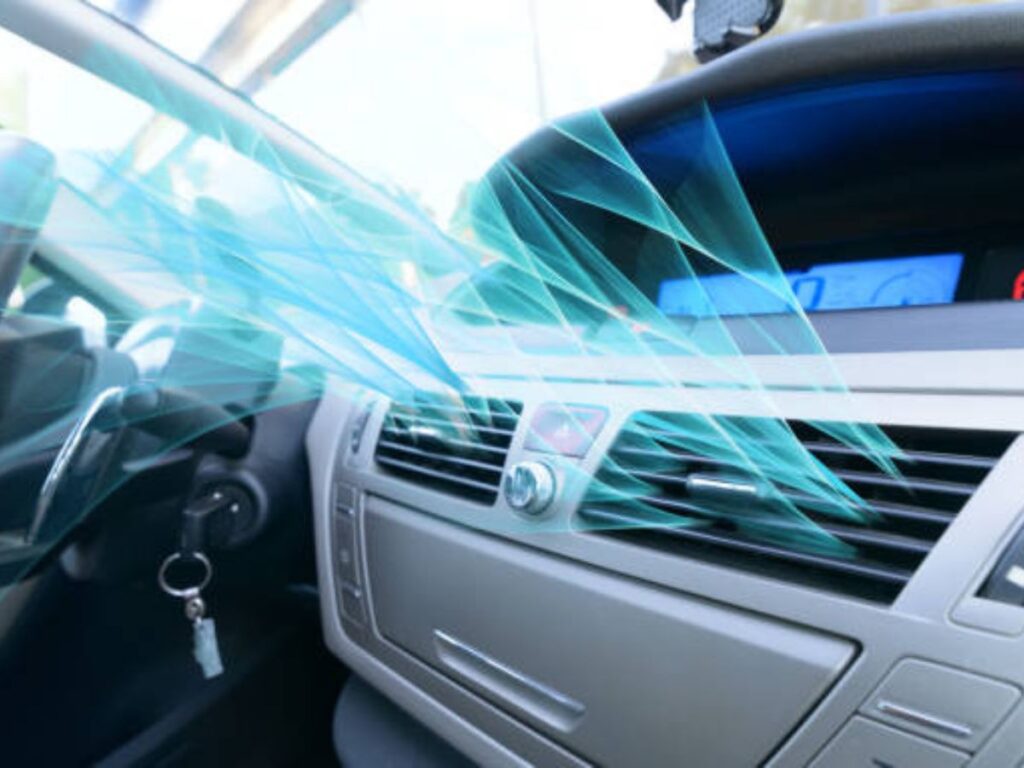As electric cars surge in popularity, there’s a growing chorus of skeptics questioning their supposed virtues. While these sleek, futuristic vehicles have their undeniable advantages, it’s crucial to critically examine the downsides often overlooked in the electric car narrative.

In this article, we’ll delve into ten compelling reasons why electric cars may not be the flawless solution they’re made out to be. From concerns about limited driving range and charging infrastructure challenges to environmental impacts and strain on the electricity grid, we’ll explore both the misconceptions and legitimate issues surrounding electric vehicles.
By engaging with the complexities of this rapidly evolving technology, we can better understand the true implications of embracing electric mobility.
Table of Contents
Toggle10 Reasons Why Electric Cars Are Bad for The Environment

Here is the list of 10 reasons why electric cars are bad 2022:
1. Limited Driving Range:
People often say that electric cars aren’t as good as gas-powered cars because they can’t go as far. Many of the first cars could only go less than 100 miles on a single charge. But improvements in technology have made batteries much better, and now several types can go more than 300 miles on a single charge.
2. Charging Infrastructure Challenges:
A big worry about electric transport is that there isn’t enough easy access to charging facilities. Critics say that the current charge network is not good enough and that traveling long distances can be hard. But governments and private companies are working hard to fix this problem by building more charging stations in cities, on roads, and in public places.
3. Lengthy Charging Time:
Another problem with these cars is that it can take a long time to fully charge them. Even though it’s true that charging an electric car can take longer than putting gas in a regular car, new technologies have come out that allow charging to happen faster.
Also, charging can be done easily at home or at work, so you don’t have to do it in public as often.
4. Environmental Impact of Battery Production:
Critics say that making batteries for electric vehicles is bad for the earth because it causes carbon emissions and uses up resources. Though, that the total emissions of a car, including the production of batteries, are still less than those of a gasoline car over its entire lifetime.
Also, improvements in the way batteries are made are making their products less harmful to the earth.
5. Dependency on Rare Earth Metals:
People who don’t like electric cars often point out that making batteries for electric cars requires rare earth metals. They say that extracting these resources can hurt the earth and the world’s politics. But research and development are still going on to come up with other battery systems that use less or no rare earth metals.
6. Strain on Electricity Grid:
Critics say that a large number of electric cars could put a strain on the energy grid, which could lead to blackouts and higher prices for consumers. Smart charging solutions and grid management technologies are being developed to balance the load and make electric vehicles fit into the grid architecture as it is.
7. High Initial Cost:
One frequent argument against electric cars is that they cost more to buy upfront than regular cars. But as technology improves and economies of scale get better, the price of these cars is slowly going down. Also, the total cost of ownership over the life of the vehicle, which includes the cost of gas and upkeep, often makes cars cheaper in the long run.
8. Disposal of Old Batteries:
Concerns have been made about how to get rid of old batteries for electric vehicles and how they might affect the environment. But schemes to recycle batteries for electric vehicles are being set up to reduce waste and get the most use out of valuable materials. Also, used batteries can be used for other things, like storing energy at a fixed location, which makes them last longer.
9. Impact on the Job Market:
Critics argue that the widespread adoption of electric vehicle could lead to job losses in the traditional automotive industry. However, the transition to electric mobility also presents new job opportunities, particularly in battery manufacturing, charging infrastructure installation, and electric vehicle maintenance and repair. Adequate workforce retraining programs can ensure a smooth transition for affected workers.
10. Uncertainty in Energy Sources:
Skeptics say that electric cars just move the pollution from the car’s tailpipe to the power plant, based on how the electricity is made. This point has some truth to it, but it doesn’t take into account how renewable energy sources could be used to power these types of cars. As the world moves toward cleaner ways to make energy, electric transports will keep getting better for the Earth.

FAQs About 10 Reasons Why Electric Cars are Bad
Q: Are electric cars truly practical for long-distance travel considering their limited driving range?
A: While these car models had shorter ranges, technological advancements have significantly improved battery capabilities. Many modern electric vehicles now offer ranges exceeding 300 miles on a single charge, making them suitable for long-distance travel.
Q: Do electric vehicles have a negative impact on the electricity grid and lead to increased costs for consumers?
A: The widespread adoption of electric vehicles can strain local electricity distribution in certain areas. However, smart charging solutions and grid management technologies are being developed to balance the load and integrate electric vehicles seamlessly into the existing grid infrastructure.
Final Words:
In this article have told you about 10 reasons why electric vehicle are bad. While these cars are not without their challenges, it is essential to dispel misconceptions and consider the broader context. The advancements in electric vehicle technology, infrastructure development, and renewable energy generation are paving the way for a more sustainable transportation future. By addressing the concerns raised and continuing to invest in research and development, we can overcome the drawbacks and leverage electric vehicle as a vital tool in our fight against climate change and air pollution.



